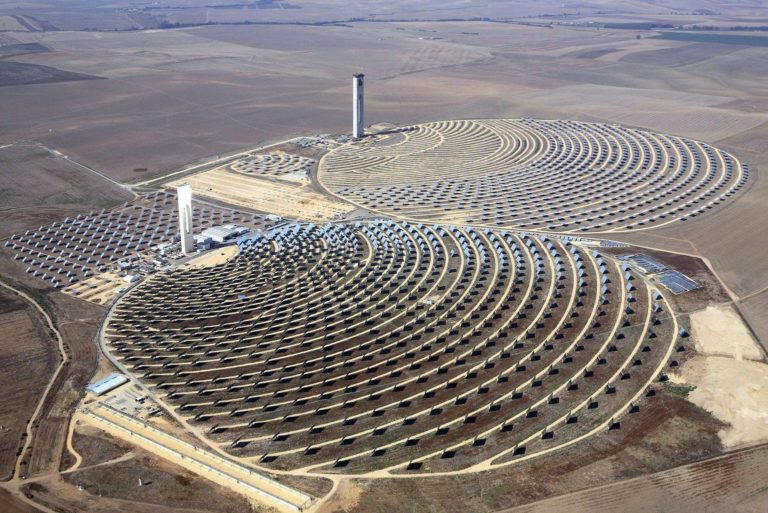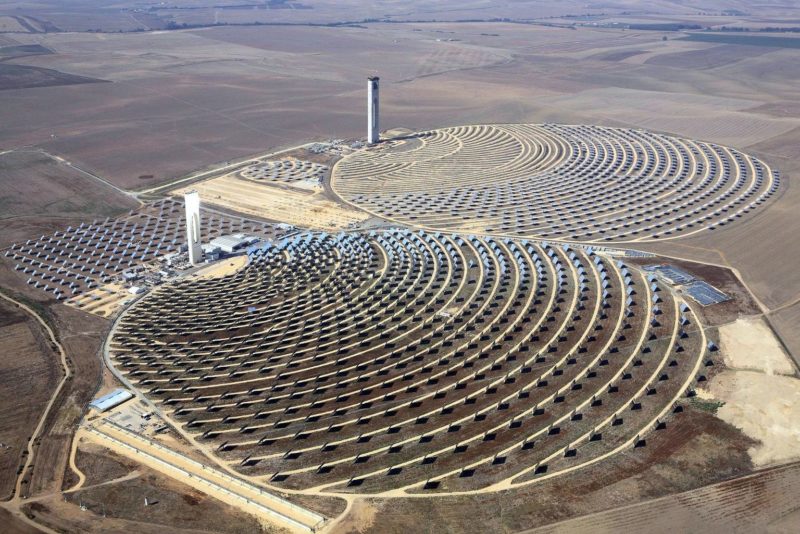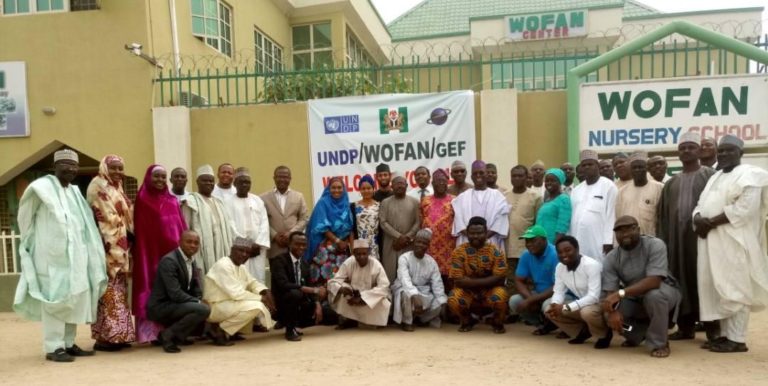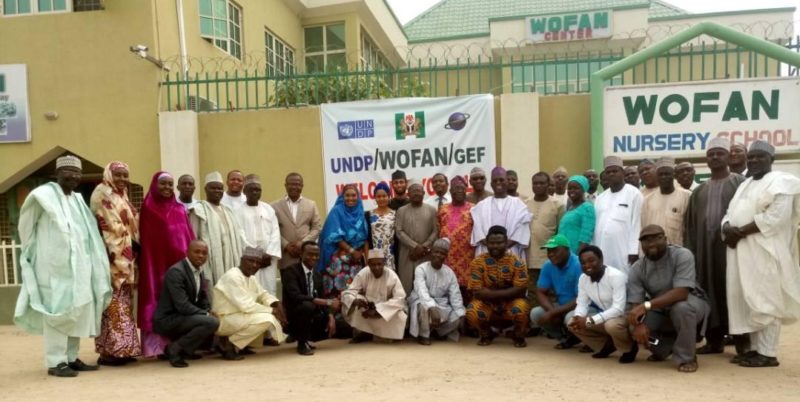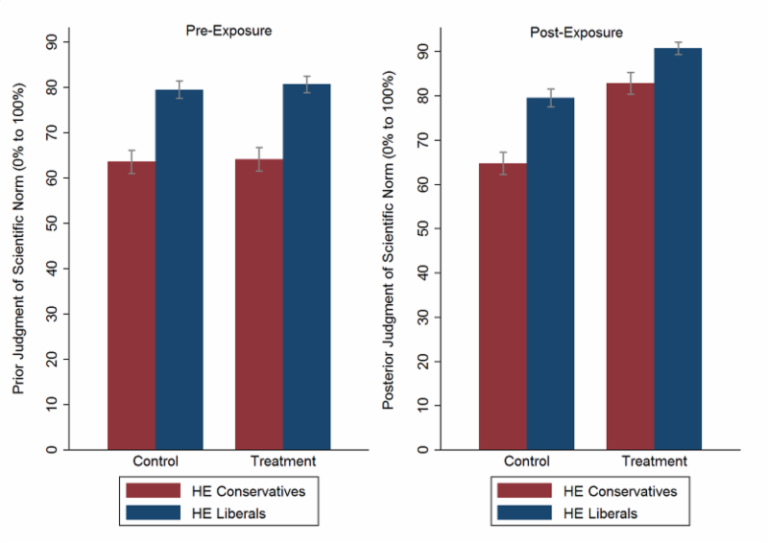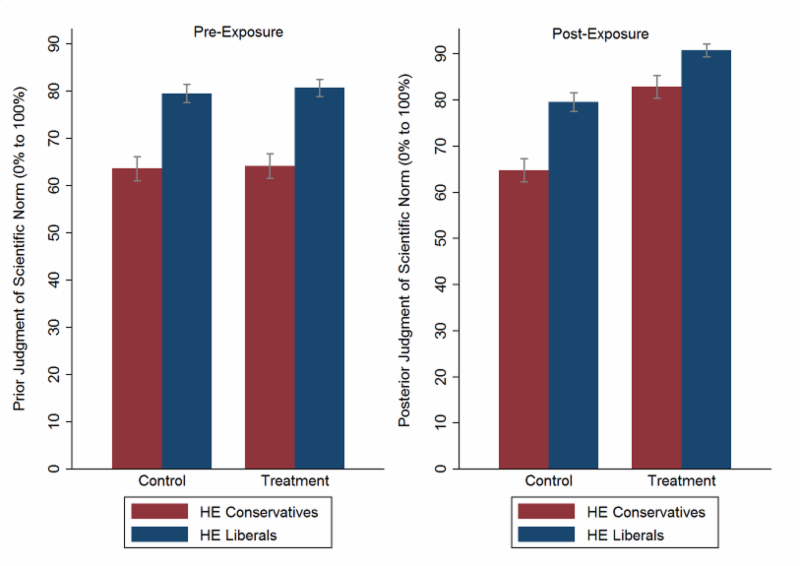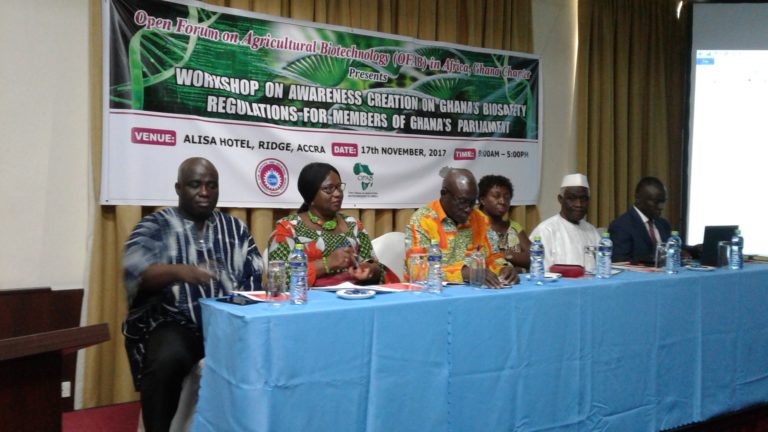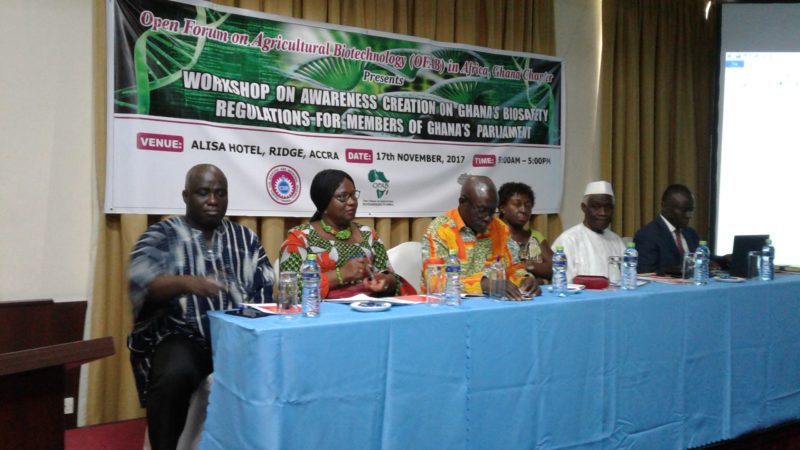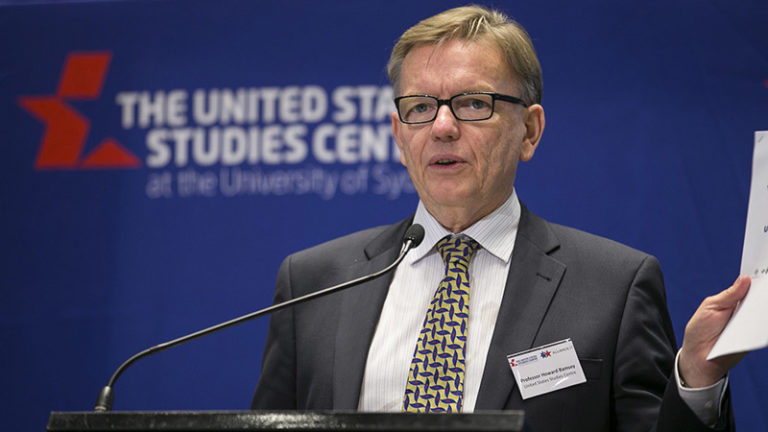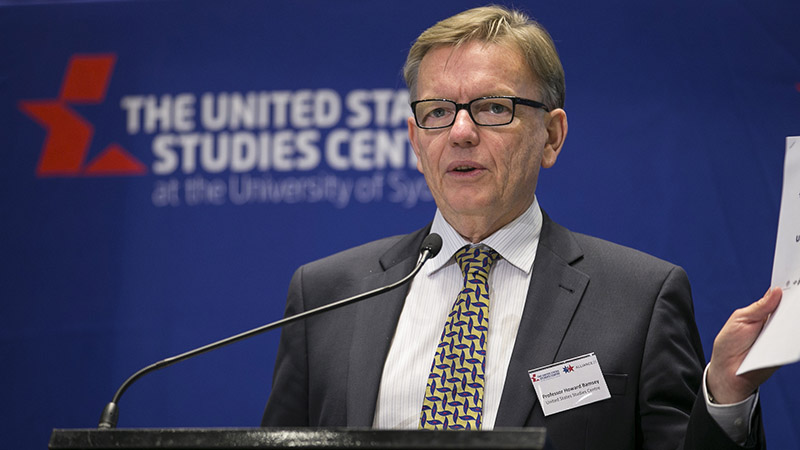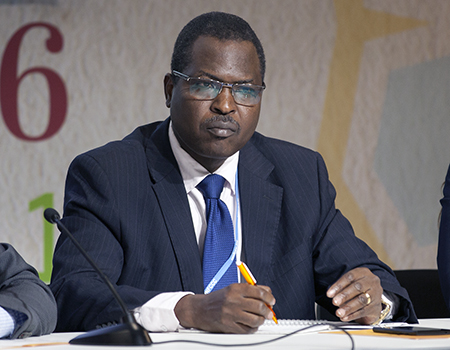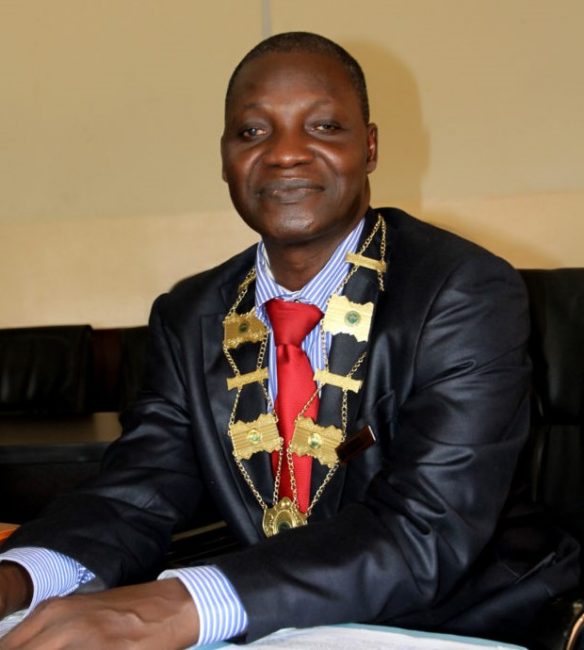The state Project Co-ordinator for FADAMA III in Enugu State, Mr Jude Ogboke, said over 350 hectares of rice farms in the state would be irrigated for all-year farming in 2018 farming season.
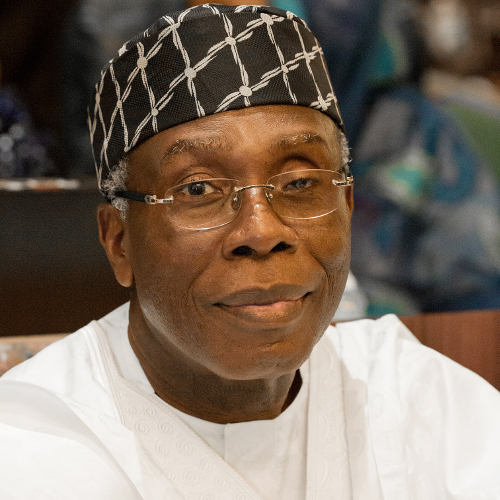
The News Agency of Nigeria (NAN) reports that FADAMA is a modern agricultural and agro-allied project, meant to boost local food production and sponsored by the World Bank, Federal and state governments.
Ogboke made the disclosure on Tuesday, December 12, 2017 at the opening of the eighth supervision mission jointly undertaken by the World Bank and the Federal Government in the state.
He said there had been rapid increase in rice yield in the state due to adherence to the best agronomical practice handed down to farmers under the programme.
The coordinator the irrigation construction sites under in the area when completed, would further boost food production with the all-year round cultivation of rice by the various rice farmers’ clusters in the state.
Commissioner for Agriculture and Natural Resources, Mr Emeka Ede, said the state government had put measures in place to ensure sustenance of different agricultural programmes through continued payment of its counterpart funds.
Ede also said that the state government had created necessary ground for optimal utilisation of the programme.
The commissioner, however, called for more empowerment of farmers in the state with the finance needed for processing of farm outputs.
The World Bank Consultant on the mission, Mr Tony Abanum, said that the state government had shown renewed commitment to achieving the objective of the programme with increased payment of counterpart funds.
Mr Ignatius Onyeabuchukwu, one of the farmers said that greater yield would continue to be achieved, adding that more farmers now embraced agronomical practice.
The supervision mission is a platform that affords the team opportunity to have on-the-spot assessment of the progress or otherwise of the implementation of FADAMA III additional financing programme at the various benefiting areas.
The team will visit farms operated by the various farmers’ clusters under the FADAMA III additional financing in the state.
Similarly, Mr Bukar Talba, Coordinator of the FADAMA III programme in Borno State, says the programme has provided support for 3,389 livestock farmers who were hitherto displaced by Boko Haram insurgency.
Talba told News Agency of Nigeria (NAN) on Tuesday in Maiduguri that the livestock intervention was executed under the Additional Financing (AFII) scheme of the FADAMA III programme.
He said that sheep, goats and calves, as well as feeds and animal drugs were distributed to the farmers in the 24 participating local government areas of the state.
He said that the programme had recorded about 40 per cent progress in the implementation of its livestock intervention.
Besides, Talba said that 3,181 farming households received seeds, fertilisers, chemicals and water pumps for dry season cultivation.
He also said that improved maize, millet, sorghum, rice, cowpea, onion, tomato and vegetable seeds were also distributed to the farmers to enhance crop production.
“Also, 70 households were supported with fingerlings, fish feeds, nets, canoes, earth ponds and marine kits to engage in fish production.
“The programme is designed to encourage crop production, enhance food security, build resilience and provide livelihood to the displaced farmers,” he said.
The coordinator also said that 6,640 farmers had benefited from the programme’s advisory and capacity building schemes put in place to enhance enterprise skills.
On infrastructure development, Talba said the programme had rehabilitated access roads, while providing boreholes with hand pumps and constructing market stalls in 19 rural communities in the state.
“We have completed environmental mitigation projects such as planting of trees to ensure the sustainability of environment protection schemes in the benefiting communities,’’ he said.
Talba said that the projects were executed in collaboration with the Food and Agriculture Organisation (FAO), World Food Programme (WFP), Victims Support Fund (VSF) and European Union (EU).
He noted that the Borno Government had paid N40 million as counterpart funds for the programme in 2017 and 2018.
NAN reports that the FADAMA III (AFII) project is expected to reach 6,640 households with about 73,685 direct beneficiaries and 2.2 million indirect beneficiaries in the state.
The programme has so far distributed food items to 73,685 displaced persons, under its emergency food intervention scheme in the state.
Each of the beneficiaries received a 50kg. bag of rice, a 50kg. bag of maize, a 25kg. bag of beans and 10 litres of vegetable oil as well as food seasoning and salt.
By Rabiu Sani and By Stanley Nwanosike

